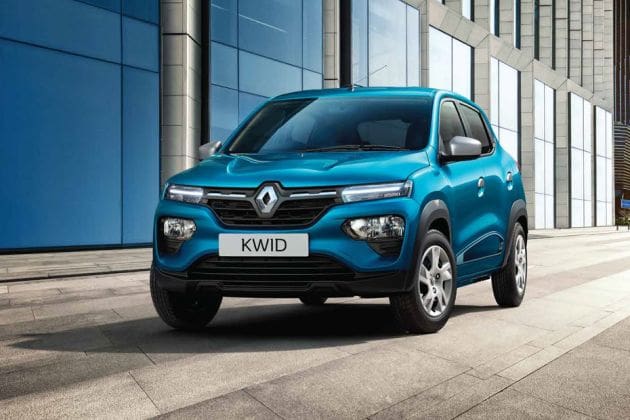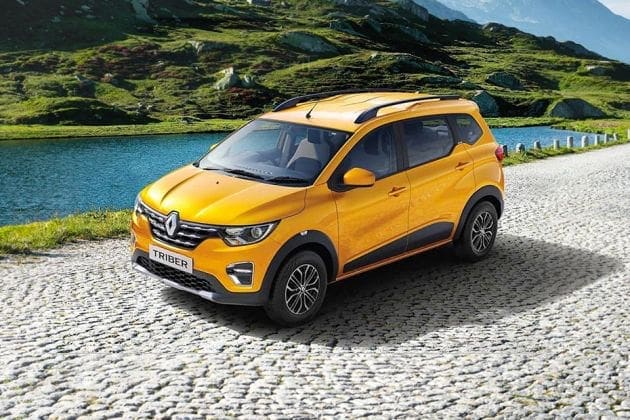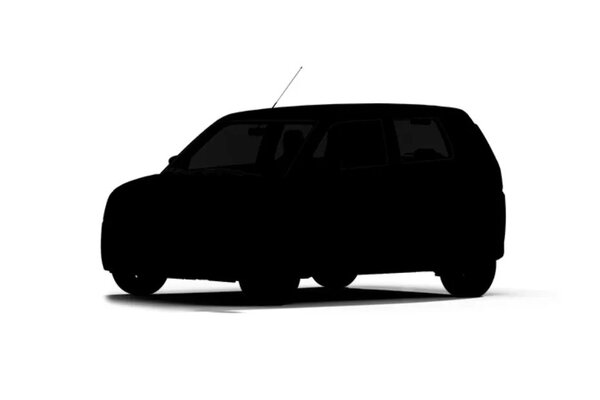Renault unveils Scenic Vision hydrogen-powered SUV prototype
- The Renault Scenic Vision hydrogen-powered car gets 16kW fuel-cell battery that will extend its range to 800 km.


French automaker Renault on Thursday unveiled a prototype hydrogen fuel cell-powered SUV in a bid to catch up with its rivals in the race to cleaner mobility. Dubbed as 'Scenic Vision', the car would not be commercially available before 2030-2032 but its fully electric version will hit the market in 2024. The fuel-cell vehicle will come with an electric motor just like an electric vehicle, but the motor is powered by electricity produced through hydrogen, enhancing the battery's range.
The 16kW fuel cell battery will extend the upcoming Renault car's range to 800 km without recharging, and the battery will be twice as light, resulting in a 75% reduction in carbon footprint compared to a conventional electric model, Renault said. As Renault pushes ahead with its plans to split its electric vehicle and combustion engine businesses, the Scenic Vision comes as a part of the plan.
Also check these Cars
Also Read : Renault to bring its Mobilize brand into this country next year
Renault has said that about 70% of the Scenic Vision’s materials will be recycled, including a floor made from old plastic pipes and milk containers and a fuel cell membrane using platinum from discarded catalytic converters.
Renault, along with Japanese carmakers Nissan and Mitsubishi, has been a pioneer in electric cars since the start of the previous decade, it has now been eclipsed by pure player Tesla and the electric ambitions of Volkswagen. Coming to hydrogen-powered vehicles, Toyota and Hyundai already have hydrogen fuel cells cars in the market, while BMW is planning to launch the hydrogen iX5 this year as a small batch series.
However, the hydrogen technology is still hampered by high costs and a lack of fueling infrastructure. Across all automakers, hydrogen-powered vehicles are forecast to account for just 0.1% of global production by 2029, according to research released Wednesday from climate think tank InfluenceMap.








 999 cc
999 cc Petrol
Petrol


















